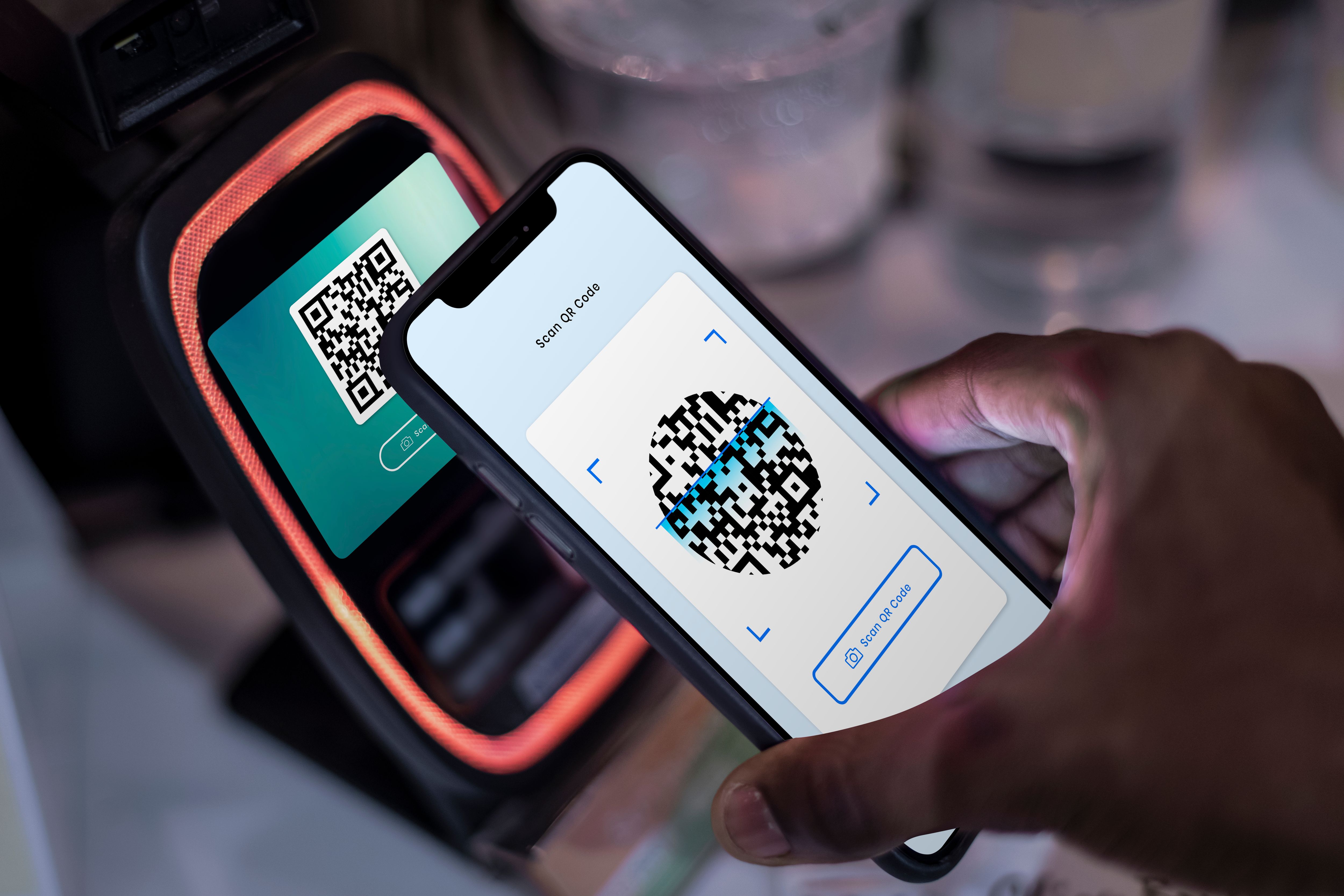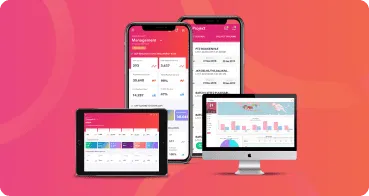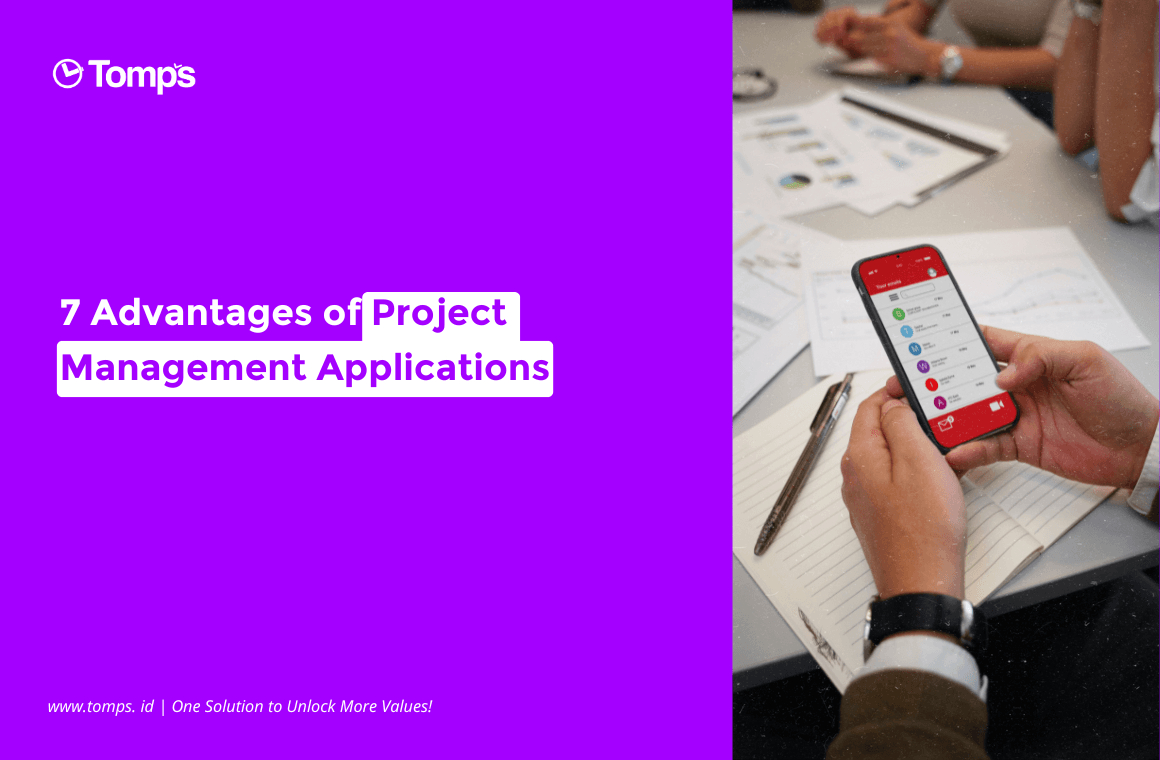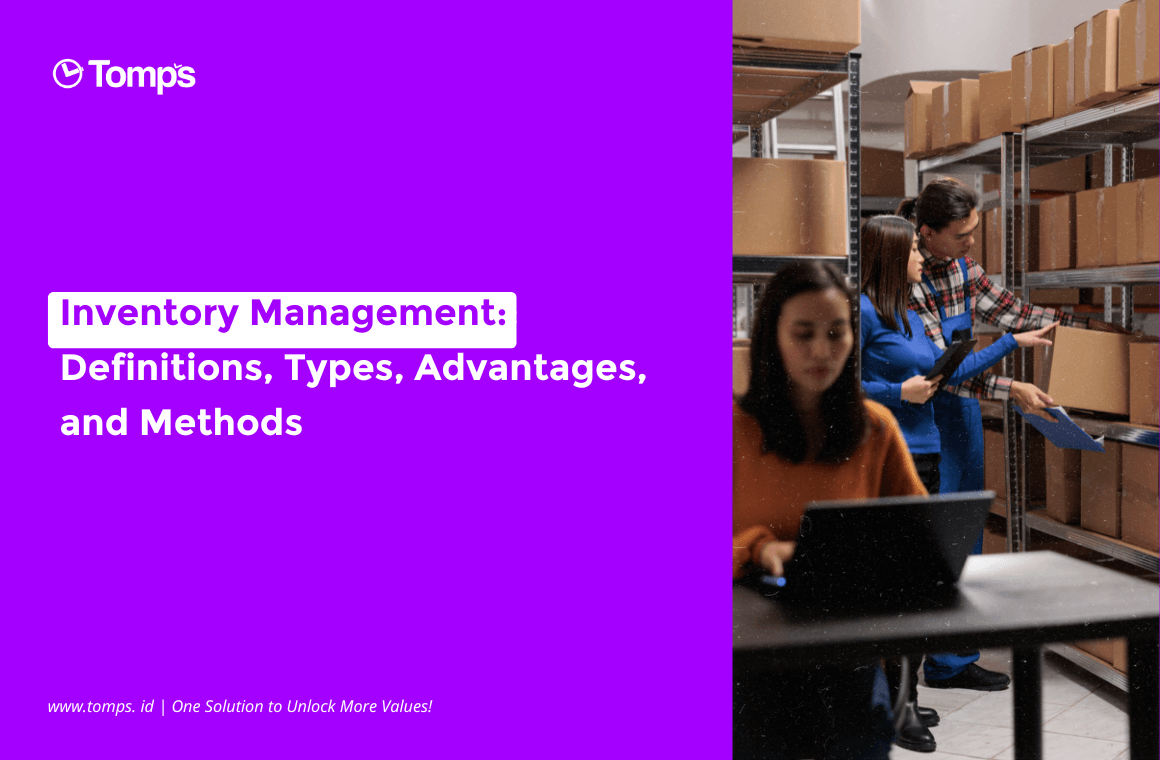In this advanced digital era, the trend of cashless payments in Indonesia is becoming more prevalent. Indonesians, known for their openness to new technologies, are increasingly opting for practical and efficient payment methods. The shift towards a cashless society not only makes it easier for individuals to transact, but also changes the entire business landscape. The term cashless society is defined by Bank Indonesia as a society that conducts transactions without the use of cash.
Reporting from the Financial Services Authority (OJK) website, the popularity of the "cashless society" is increasing because it is very attractive to the public thanks to its convenience, efficiency, and practical use. One of the latest innovations in terms of cashless payments is Tomps Building, which has provided convenience and automation in the process of paying bills such as IPL, electricity, water, facility rent, repair services, and other bills.
Cashless Trends in Indonesia
Indonesia, as a developing country with a large population and rapid economic growth, has great potential to adopt the cashless trend. In recent years, we have witnessed a rapid increase in the use of digital payment methods in Indonesia. Central Bank of Indonesia stated that this cashless trend has been planned since August 14, 2014 under the name of Gerakan Nasional Non Tunai (GNNT). This movement is expected to minimize the constraints of cash payments such as money not being accepted due to shabby/torn/uncirculated money and increase transaction efficiency as people do not need to carry large amounts of cash.
To date, the development of non-cash transactions continues to increase. In fact, in 2022, the amount reached Rp399.6 trillion or an increase of 30.84 percent compared to the previous year. Based on the website indonesia.go.id, it is estimated that the value of transactions in 2023 will further increase to reach Rp 495.2 trillion or 23.9 percent. This development is due to the increase in online shopping transactions that require people to make non-cash payments and the increasing use of the Quick Response Code Indonesia Standard (QRIS) service.
Some of the factors driving this trend include:

Digital Infrastructure Development: The growth of digital infrastructure, such as faster and wider internet networks, has given people greater access to digital payment services.
Improved Consumer Behavior: People's awareness of the benefits of cashless payments such as security, speed, and convenience is increasing. This has encouraged them to shift from cash to digital payment methods.
Financial Technology Innovation: Advancements in financial technology (fintech) have brought about various applications and platforms that allow individuals to make payments through their mobile devices with ease.
Regulatory Support: The Indonesian government has also supported the development of cashless payments by issuing various regulations that support the fintech industry.
Creating a Cashless Society
Creating a cashless society is a big goal that the government and industry players in Indonesia continue to pursue. Some of the benefits of a cashless society include:
Security: Cashless payments can reduce the risk of theft and loss of physical money.
Efficiency: Transactions become faster and more efficient, saving time for both consumers and merchants.
Transparency: Digital payments enable better tracking of transactions, helping in better managing personal finances.
Financial Inclusion: Digital payments can help people who would not otherwise have access to the traditional banking system to participate in the economy.
Environment: Reducing the use of cash can help reduce environmental impact through the reduction of physical money printing.
Tomps Building: Ease and Automation in Bill Payment

Tomps Building is one of the products of Tomps by Telkom Indonesia which is an example of innovation that supports the trend towards a cashless society in Indonesia. Tomps Building is a digital platform that provides practical and efficient bill payment services to facilitate building owners and tenants. Various types of bills, including IPL, electricity, water, facility rental, repair services, and other bills, can be paid easily using Tomps Building.
The benefits of Tomps Building:
Multiple Payment Methods: Tomps Building understands that every individual has different payment preferences. Hence, we provide various types of banks that suit the needs of the tenants.
Convenience and Efficiency: With Tomps Building, tenants no longer need to go to different bill payment points. All bills can be paid in one digital platform, saving time and effort.
Contribution to the Cashless Trend: By providing easily accessible non-cash payment services, Tomps Building supports the shift towards Indonesia's cashless society or Bank Indonesia's National Non-Cash Movement (GNNT).
Conclusion
The trend towards a cashless society in Indonesia is increasingly evident and sustainable. Support from the government, technological developments, and changes in consumer behavior all contribute to the growth of this trend. With the development of the cashless trend in Indonesia, it is expected that people's transactions can be more practical and certainly avoid the possibility of payment constraints using cash.
Tomps Building is one of Tomps by Telkom Indonesia's products that successfully exemplifies how innovation in bill payment can facilitate the shift to cashless payments by providing convenience, efficiency, and a variety of payment methods to its tenants. Through steps like these, Indonesia can continue to lead the way towards a more modern and connected cashless society.
Reference:
Bank Indonesia. (2023). Elektronifikasi. Bi.go.id. https://www.bi.go.id/id/fungsi-utama/sistem-pembayaran/ritel/elektronifikasi/default.aspx
Otoritas Jasa Keuangan. (2023). Hidup Praktis Ala Cashless Society. Ojk.go.id. https://sikapiuangmu.ojk.go.id/FrontEnd/CMS/Article/20557
Portal Informasi indonesia. (2023). Transaksi Uang Elektronik Melejit. Indonesia.go.id. https://www.indonesia.go.id/kategori/indonesia-dalam-angka/6855/transaksi-uang-elektronik-melejit?lang=1







